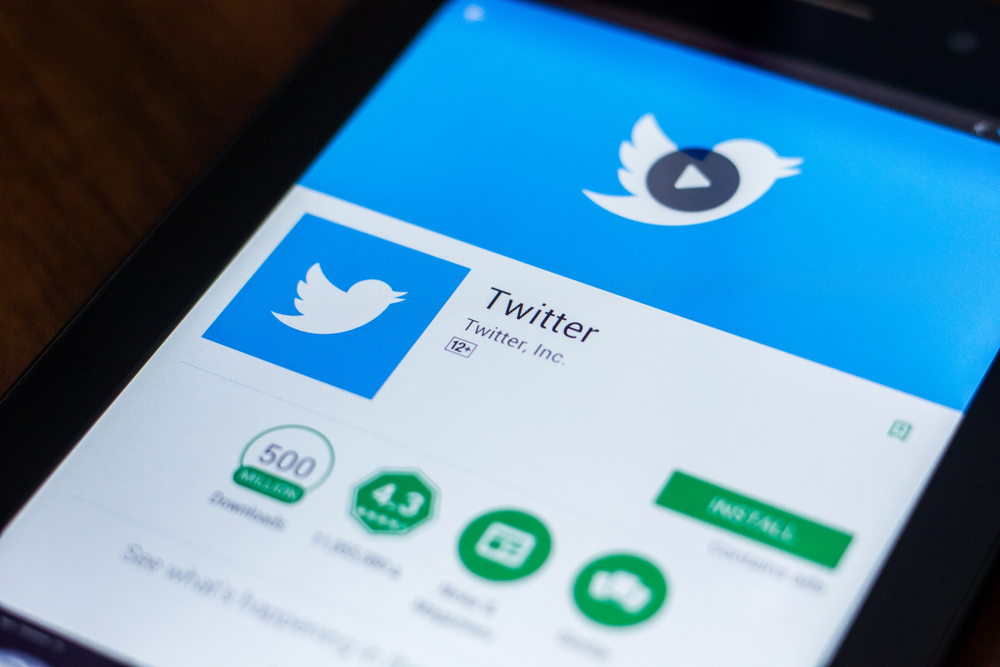In the near future, the social network Twitter, owned by Elon Musk, will introduce a new way to monetize content. He stated that verified content authors would be paid to advertise in their responses. At the first stage, about $5 million was allocated for these purposes.
It is emphasized that this offer only applies to owners of verified accounts, and the system will only take into account impressions to verified users. Since Musk’s acquisition of Twitter, the company has been actively looking for new ways to generate revenue, especially after some advertisers left for political and other reasons.

Perhaps the introduction of this new system is related to the appointment of a new head of Twitter, Linda Yaccarino, who has extensive experience in organizing the advertising business at NBCUniversal, where she previously held senior management positions.
Musk said in March that Twitter earns 5-6 cents for every hour a user spends on the platform, and could potentially increase that to 15 cents or more with more relevant and timely advertising.
However, Twitter, along with Meta, YouTube and TikTok, may be getting scrutiny from regulators after local consumer advocacy group BEUC complained to the European Commission that online platforms allegedly promoted misleading material about cryptoassets, notes NIX Solutions.
U.S. regulators are currently suing crypto platforms such as Coinbase and Binance. In addition, the collapse of FTX, which occurred last year, has raised general concern about the level of protection for users transacting with crypto assets such as bitcoin or ether. Last month, the European Union adopted the world’s first comprehensive set of rules to regulate the circulation of cryptoassets (MiCa). BEUC stated in its complaint that continuing to display misleading advertisements about cryptoassets on social media platforms is a dishonest commercial practice that could cause serious harm to users, including the loss of significant amounts.
It should be noted that the situation with monetization on Twitter will evolve in the near future, and new changes may have an impact on users and advertisers.
